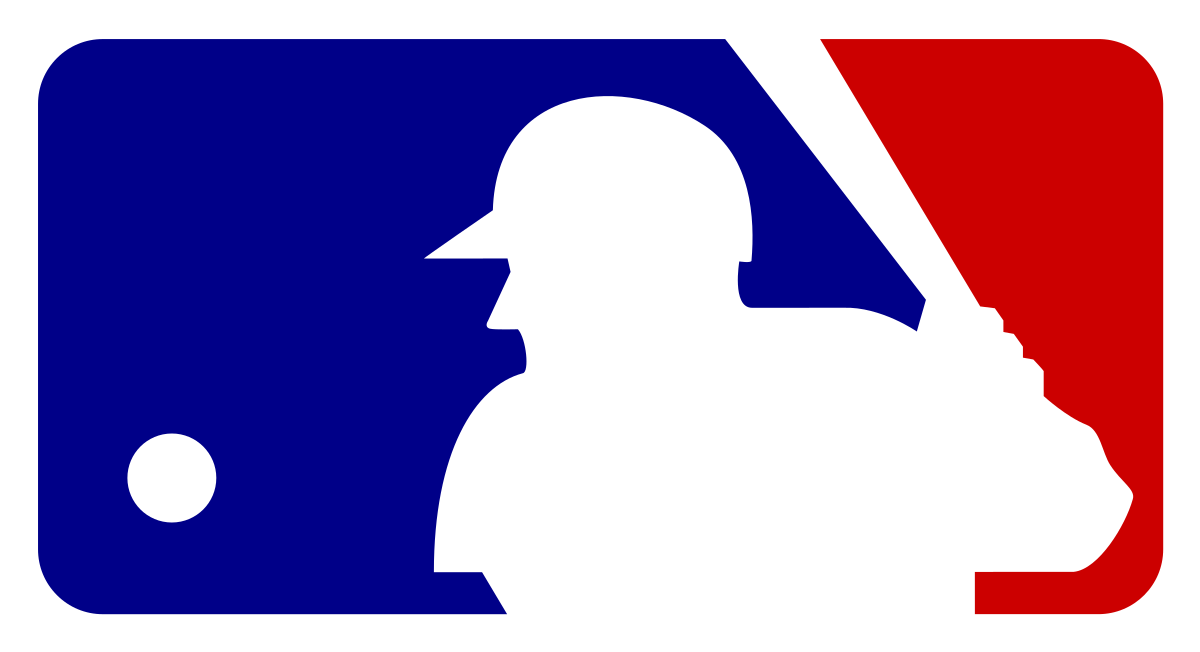MLB Might Consider Three Options To Obtain Support For Agreement With Cuba
/New York, New York-based Major League Baseball (MLB) reported an agreement with Republic of Cuba-based Federacion Cubana de Beisbol (FCB). Terms of the agreement include payments to FCB.
Members of the United States Congress, the most notable being The Honorable Marco Rubio (R- Florida), and the Trump Administration have expressed displeasure with the agreement.
The displeasure is less about the usefulness of the agreement than about the terms of the agreement (payment of release fees to FCB). There are options:
First. MLB believes that the agreement is permitted under general license provisions implemented during the Obama Administration by the Office of Foreign Assets Control (OFAC) of the United States Department of the Treasury in Washington DC. Those who oppose the agreement believe that the agreement is not permissible within the general license guidelines; and, even if it was permitted during the Obama Administration, such an agreement should not be permitted under the Trump Administration as the agreement as written is now “not consistent with United States policy.” MLB should reformat the agreement and seek a two-year (which is normal) license from the OFAC.
Second. The MLB agreement is for two years (ending on 31 October 2021). The annual release fee payments to FCB have been speculated to be from US$2 million to US$25 million to US$50 million to US$100 million. The lower value estimates seem reasonable. Instead of MLB making payment to FCB in currency, FCB would provide MLB with a shopping list of equipment equal to the value of the payments due. This would satisfy those who oppose the agreement- because the government of the Republic of Cuba would not have access to currency. By using the purchasing power of MLB, the FCB would be receiving the lowest pricing for equipment- thus maximizing the value of every payment. Members of the United States Congress and the Trump Administration would be supportive of an agreement that provides benefits to United States sporting equipment-focused companies.
“The Release Fee owed to the FCB by the MLB Club that signs an FCB Player is calculated using the same formula embodied in MLB's agreements with the NPB, KBO, and CPBL (i.e., between 15% and 20% of the total guaranteed value for Major League contracts, and 25% of the signing bonus for Minor League contracts). In addition, Supplemental Release Fees may be owed if a contract with an FCB Player contains bonuses, escalators, or options that are later triggered. The Release Fee (and any Supplemental Release Fee) paid by the MLB Club is in addition to the compensation agreed to by the MLB Club to the FCB Player in the player's contract, which will be paid by the MLB Club directly to the FCB Player.”
One benefit of using product as payment rather than currency as payment is avoiding the use of a third-country financial institution for MLB to send payments to FCB; currently there are not operational direct correspondent banking agreements which would permit direct electronic transfers from the United States to the Republic of Cuba. Thus, third-country financial institutions receive fees for every transaction. Members of the United States Congress and the Trump Administration oppose third-countries unnecessarily benefiting from bilateral commercial transactions.
Third. MLB would agree to publish real-time data as to when a payment is made to FCB, the value of payment, and what products have been purchased with the payments.
LINK To PDF
LINK To English Text Of MLB Agreement
LINK to Spanish Text Of MLB Agreement
Blog Post: https://www.cubatrade.org/blog/2018/12/20/uppblm8km7qmk28ly7ilzjz7xgty54


